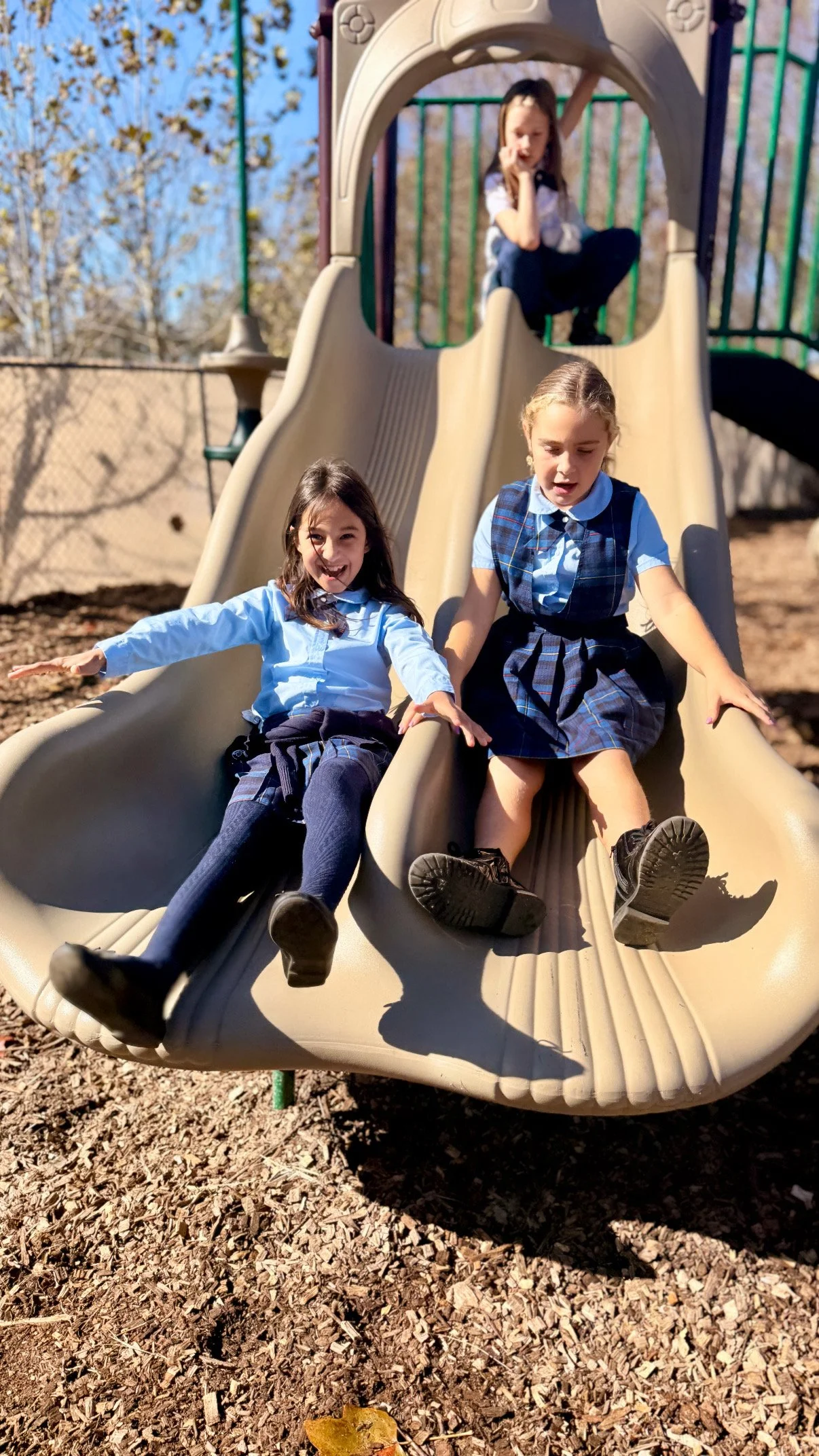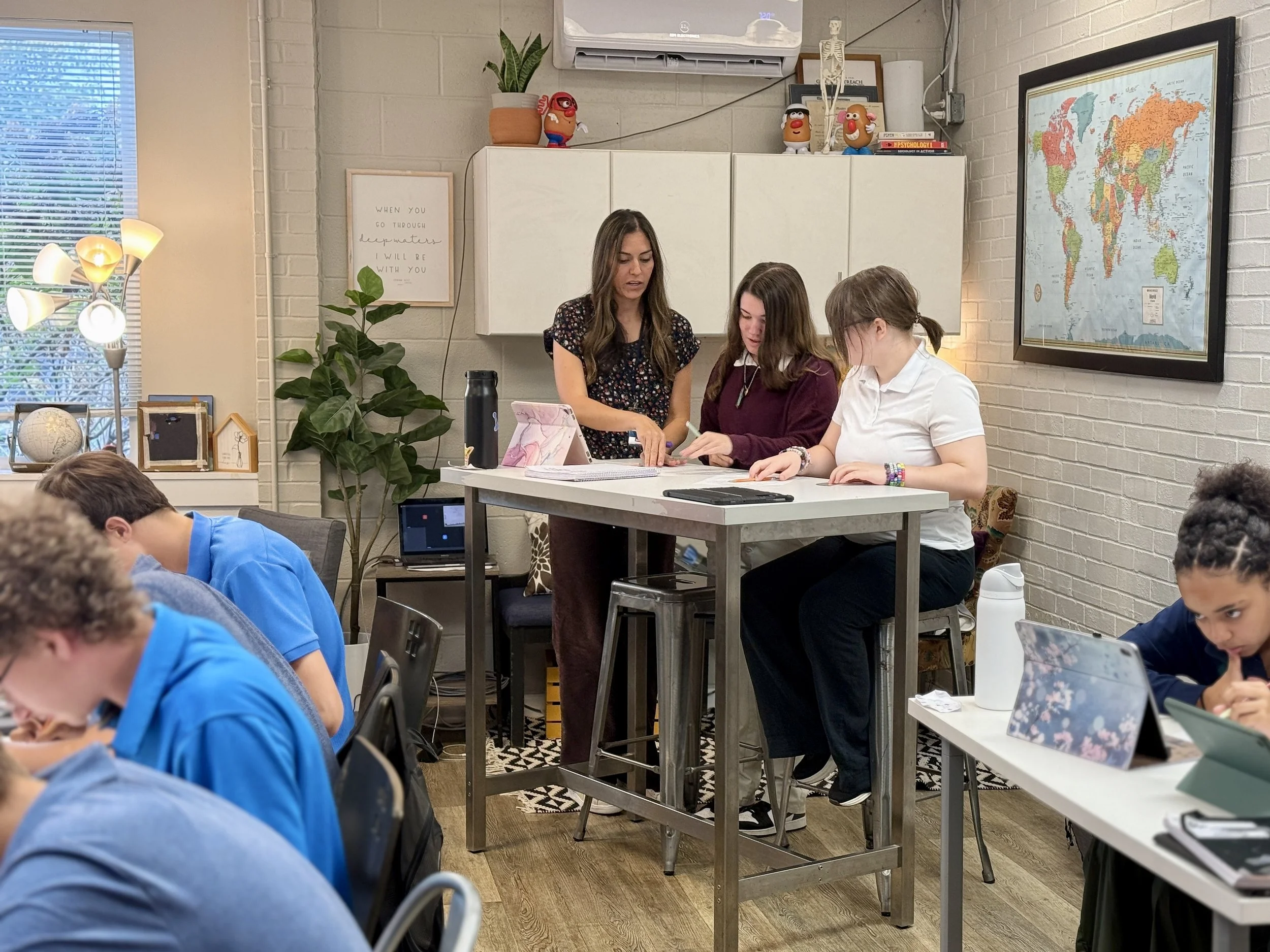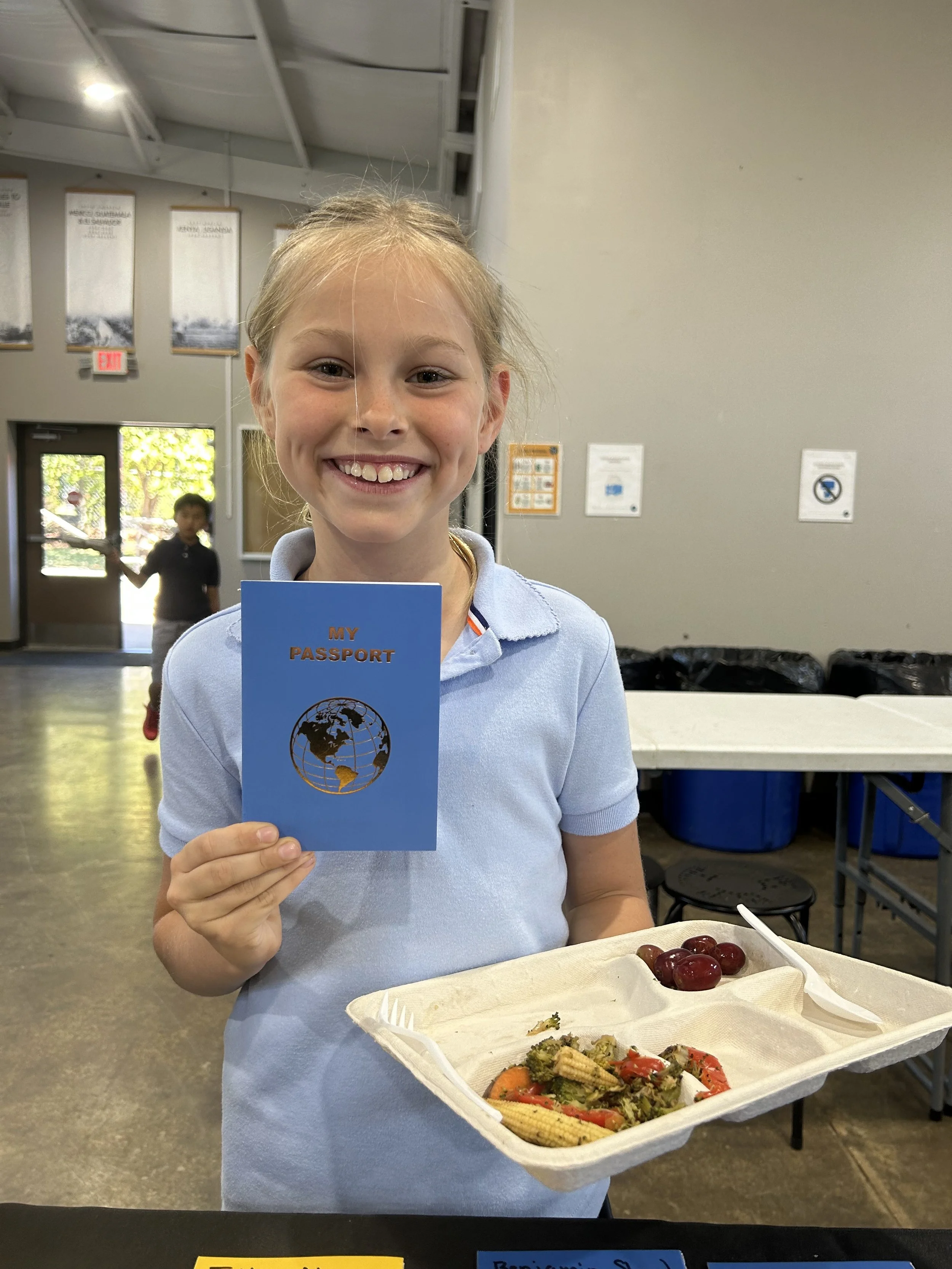Going Back to School? 5 Tips to Get Your Students Ready
Preparing for a new school year can feel overwhelming. Here are some tips to help ensure your students are prepared for a great year ahead!
Switching up schedules, gathering supplies, and preparing to face new educational challenges can be stressful for students and parents alike, especially when you are also saying goodbye to summer. Some years the transition is easier than others, but there are some things we can do to help our children start the school year off on a good note.
1. Get Back into Their School Routine Before School Begins
One way to prep kids for a return to school is by getting them on a schedule they will have during the academic year. If the kids wake up at 6:00 am and go to sleep at 9:00 pm during the school year, then get them back in this routine a week or two prior to classes starting. If they have after-school chores, have them do them at the time they will do them once school resumes. This minimizes the adjustments that will take place once school starts, allowing them to focus more on their new classes.
2. Build Up Their Mental Stamina Prior to Classes Starting
You don’t want your kid’s brain feeling fatigued after only the first week of school. To combat this, build up their mental endurance starting a few weeks before school begins. This doesn’t have to be anything intense, but by increasing the amount of time they spend reading, writing, memorizing, and engaging their minds can help them strengthen their attention spans and mental capacity, which can ease the transition from summer days to sitting in classes.
3. Get Organized
Make sure uniforms fit and are ready to go a week or two before. Get the necessary school supplies ready beforehand, with everything set to go for that first day back. Not only will seeing a backpack full of their necessary supplies help them mentally prepare, but it can also prevent the stress caused by last minute rushing.
4. Encourage a Positive Mindset by Focusing on the Benefits
Students can often have a bleak mindset when returning to school because they miss the freedom of summer, but by reinforcing the importance of the role education will play in their life, you can help them see its necessity. While there are some who look forward to it, many kids would give all they have if it meant prolonging the end of summer a couple of weeks. However, you can help set the stage for how they see going back to school. Even if it may not be exciting for them, reinforcing its importance to their future can help them see that it is an essential step for them to grow as a person, instilling in them the irreplaceable role education plays in their development.
5. Offer Moral Support
You know your children better than anyone else, and thus likely know what they are looking forward to as well as what they are dreading with the return to school. Consider what aspects of school they struggled with the previous year, and figure out a plan for how to overcome whatever issues they may have faced. Knowing they have your understanding and support will help to ease their overall stress levels, and help them have a more positive outlook as they approach the new academic year.
The First Two Weeks of School: A Valuable Transition
The 2021-2022 school year has begun, and as with every year, our students come in to a two-week alternative schedule to prepare them for the year ahead. Here’s why:
Have you ever had that Sunday morning church experience where you’re rushing to get the kids out the door? Everybody fed, check! Everybody dressed, check! Kids to their Sunday school rooms. Quick restroom stop. When you finally sit down in the pew, you can breathe a sigh of relief. Even though you are a few minutes late, you’re here and it’s time to settle in. As the music begins you take a deep breath and calm your mind by moving through the mental checklist: Yes, you turned the stove off at home. Yes, you packed the diaper bag, yes you locked your car in the parking lot… and you begin to mentally transition to focusing on this time with the Lord ahead of you.
This reality of transition is one that we acknowledge and accommodate for at the start of every school year. It’s our “two-week alternative schedule” where we acclimate, assess and settle the students in for the new year of learning.
Maybe you’ve heard your student say something like, “Well, we haven’t started our real schedule yet…” They’re not wrong! But although they have not begun their academic schedules, they have most definitely begun their school year.
High school students begin the school year meeting new classmates with opportunities to reflect on their summer where many of them participated in national and international mission opportunities.
Acclimation, assessment and “settling in”. Developed by Founder Gregg Garner, this is the simple way to understand what happens during our first 2 weeks of the school year.
During their first few days back on campus, students are acclimated back into the school setting by reconnecting with peers, getting to know their teachers, and reviewing school routines and behavior expectations. At the elementary level this looks like remembering how to line up, how to move through meal service times, when they can use the restrooms, and what activities are appropriate for indoor recess. Before we begin administering any demerits or incentives, students simply get these few days to adjust into being back at school.
Assessments come next, which do include academic assessments but also social and emotional. Through review exercises and games, teachers gauge how much their students remember, while also evaluating the demographics and personality of their new class. Is it a 2:1 ratio of girls to boys? Might need to adjust the sport through which Jr. High students will learn Game Strategies. Is it a class full of kinesthetic learners? Need to buy some more manipulatives for math class. Does this group of developing readers need to be on their feet for Language Arts courses? How about a readers’ theatre? Assessments provide teachers the data they need to teach students, not just classes.
Finally, during the last few days of our alternative schedule, students settle in for the upcoming year. For 7th graders this looks like the reminder that, although they will now be receiving a number grade on every assignment, they are not their grade. They are more than a number. And school is the safest place to be wrong, to make mistakes and to grow. For our Juniors and Seniors, this looks like several blocks of research, reflection and discussion with teachers to decide on senior projects, internship placements and directed studies.
So next time your student mentions that they haven’t started ‘regular school yet’, you’ll know what they mean! And you can follow up with questions like, “Tell me about your new teacher!” “What’s something you’re excited for/nervous about in this upcoming year?” Or even, “Remember to get to bed early tonight because your body is adjusting to the school year.” Here’s to being ready for a wonderful year of learning!
Elementary students use team-building exercises and games to develop their class dynamic and healthy interactions with one another.










